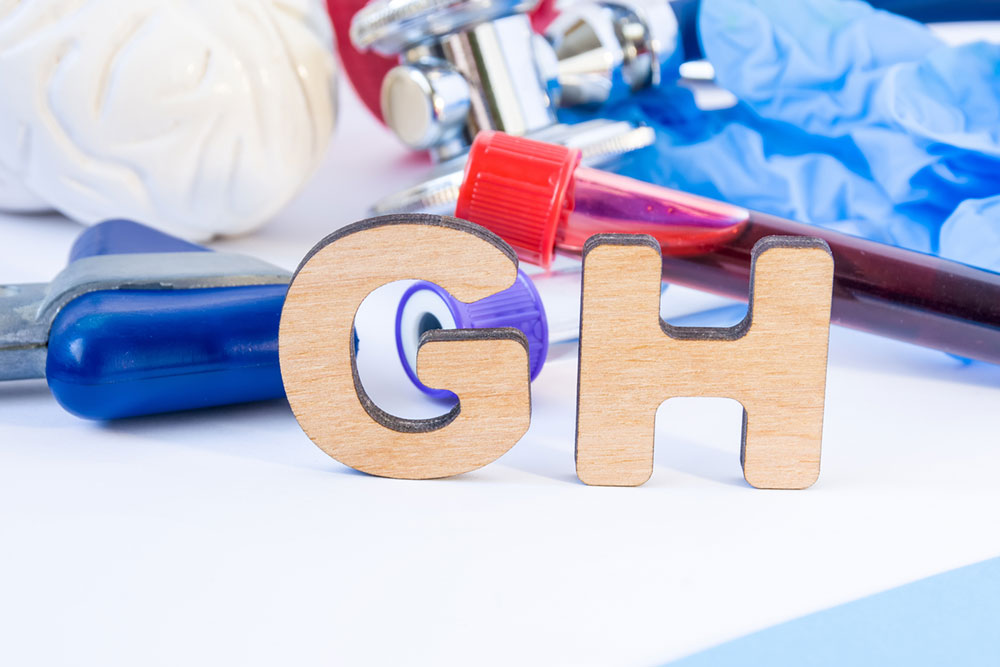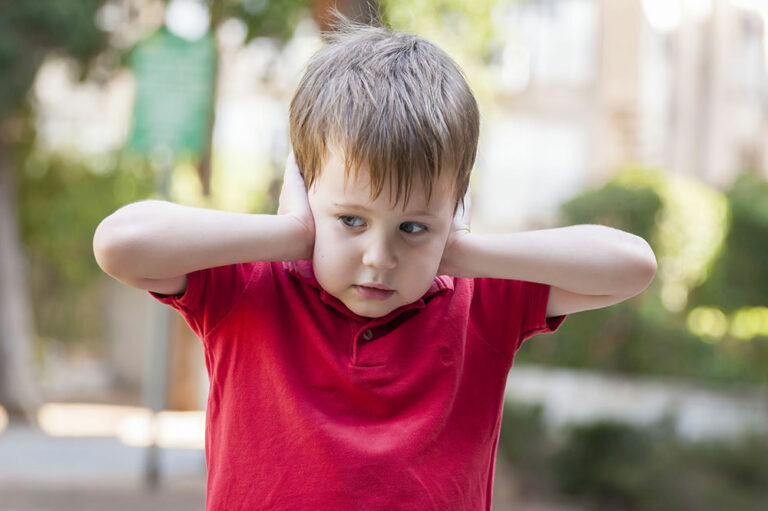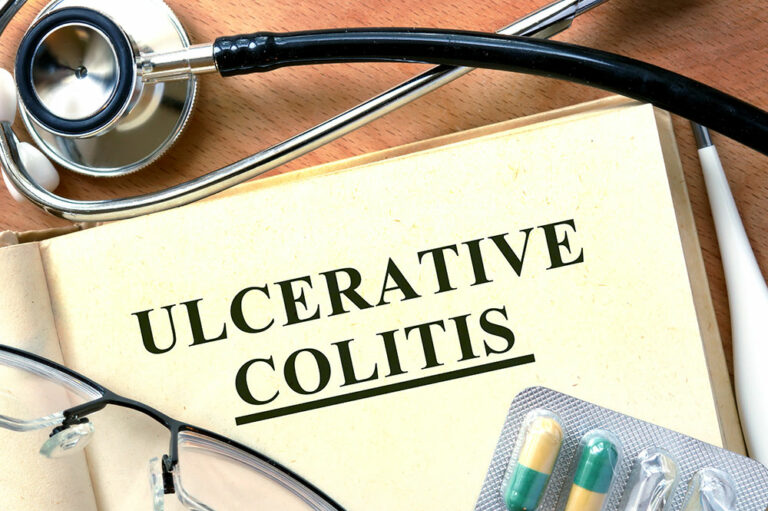9 warning signs of growth hormone deficiency

Growth hormone deficiency (GHD) is a condition caused by the reduced production of growth hormones (GH) by the pituitary gland. This hormone plays a crucial role in various bodily functions, including growth and development. When an individual experiences GHD, it can manifest through a range of signs and symptoms that can impact physical, emotional, and psychological well-being. Let’s look at the signs of growth hormone deficiency, shedding light on how this condition can affect individuals.
Short stature in children
One of the most noticeable signs of growth hormone deficiency in children is a significant delay in growth. Children with GHD tend to have a slower growth rate than their peers. They may also have a shorter stature than expected based on their age and genetic potential. It’s important to note that GHD doesn’t always result in extremely short stature but rather in a noticeable lag in growth milestones.
Delayed milestones
Children with GHD may exhibit delayed developmental milestones. This includes the age at which they start sitting, crawling, walking, and other motor skill achievements. These delays can be particularly concerning to parents and caregivers, prompting them to seek immediate health evaluation.
Reduced muscle mass
Growth hormone is vital in the development of lean body mass. In individuals with GHD, reduced muscle mass can be a prominent sign. Children may appear less muscular than their peers, and adults might notice decreased muscle strength and tone.
Delayed puberty
In adolescents, GHD can manifest as delayed puberty. This means that the onset of secondary sexual characteristics, such as the development of breasts in girls and facial hair growth in boys, may occur later than expected. Delayed puberty can adversely impact an individual’s self-esteem and emotional well-being.
Fatigue and reduced stamina
Children and adults with GHD may experience increased fatigue and reduced stamina compared to their peers. This can affect their ability to engage in physical activities, leading to a sedentary lifestyle and potential gain in body mass.
Cognitive and emotional changes
Growth hormone deficiency can influence cognitive and emotional well-being. Children may exhibit difficulties with memory, attention, and concentration. In adults, GHD can lead to mood changes, including anxiety, depression, and a reduced sense of well-being.
Impaired bone health
Growth hormone plays a critical role in bone development and maintenance. Individuals with GHD may experience reduced bone density, making them more susceptible to fractures and osteoporosis. This can be particularly concerning for older adults.
Cardiovascular risk factors
Growth hormone deficiency can also contribute to cardiovascular risk factors, such as increased levels of cholesterol and triglycerides. These changes in lipid profiles can raise the risk of heart disease in adults with GHD.
Reduced quality of life
Overall, the signs of growth hormone deficiency can significantly impact an individual’s quality of life. Children may face social and psychological challenges due to their smaller stature, while adults may struggle with body composition changes, fatigue, and emotional well-being.
It’s important to recognize that the signs and symptoms of GHD can vary in severity from person to person. Some individuals may exhibit only a few of these signs, while others may experience a combination of them. Additionally, the presentation of GHD can differ between children and adults.










